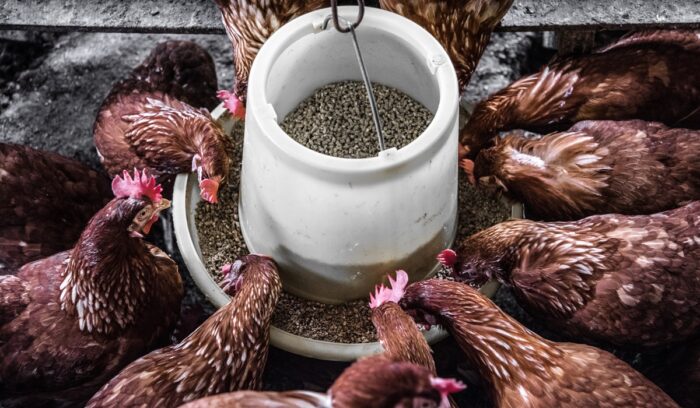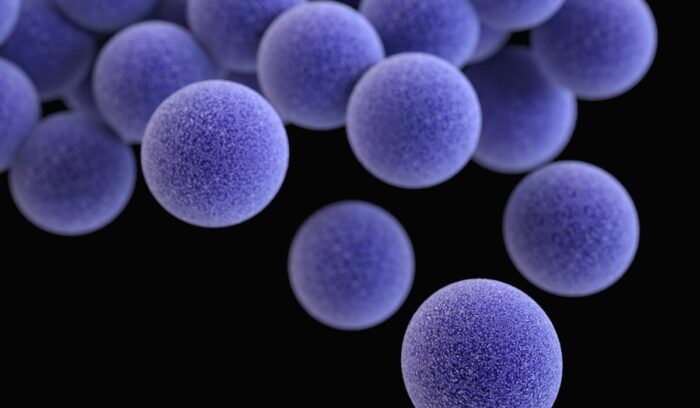Chinese scientists invent a cost-effective, low-emission method of converting coal into protein for livestock feed
Biotech researchers at the Chinese Academy of Sciences (CAS) say the new method could feed livestock much more efficiently than natural plants, while using a1/1000th as much land as farming.










